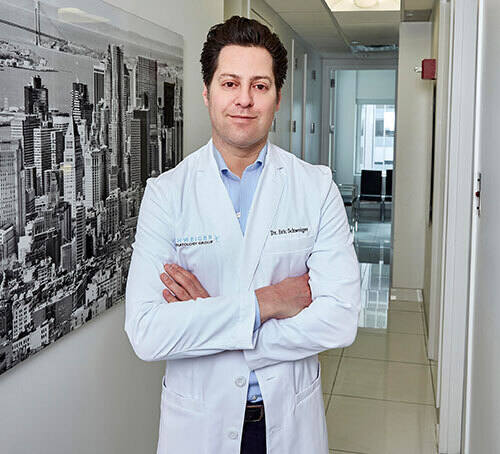When Your Humidifier Can Be Bad For Your Health
CNN Health — If you’ve ever lived in a dry climate, chances are you’ve had a humidifier in your house at some point. Legend has it they need to be cleaned from time to time. Really cleaned, as in a proper, follow-all-of-the-instructions type of cleaning.
And that makes sense. It really does. After all, a humidifier is a device that holds water and vaporizes it into the air, and you end up breathing that vapor. You wouldn’t drink coffee from a coffee machine containing month-old water, would you?
But just how often — and how well — do humidifiers need to be cleaned, anyway? Does anyone know for sure?
It’s advised that you clean your humidifier after you’ve used it for a couple of months, after heavy daily use, or after you’ve pulled it out of the closet without cleaning it for several weeks.
“Just follow the directions,” says Dr. Clifford Bassett, medical director of Allergy and Asthma Care of New York and associate professor of clinical medicine at New York University. “You don’t want it sitting around for weeks with water, as you can get mold.”
According to Dr. Bassett, you don’t want to overdo it with the humidity. He recommends using a hygrometer to measure the amount of moisture in the air. “You don’t want it to be greater than 45 percent,” he says.
Dr. Bassett also stresses that humidifiers are not good for allergies. The problem from an allergy point of view is that as you increase humidity indoors, you’re giving nourishment to dust mites and molds — and a lot of people are allergic to those two things.
CLICK HERE TO READ THE ENTIRE ARTICLE ON CNN HEALTH
